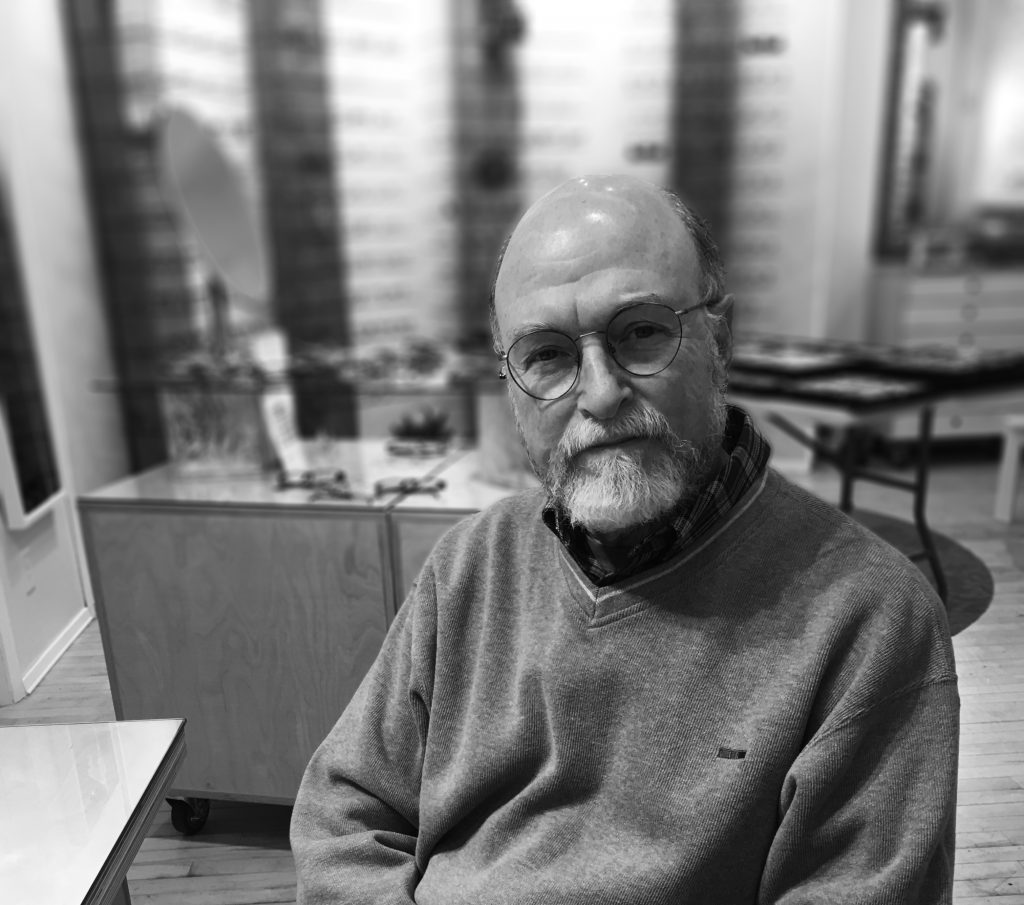Caregiver Conference: Q&A with keynote speaker Vic Sandler

One month after Dr. Vic Sandler’s mother died of lung cancer, his father was diagnosed with Alzheimer’s disease. Sandler understood the disease; he had cared for hundreds of patients with dementia during his over 20 years of geriatric medical practice. But in caring for his beloved father, he entered a new role – a son and caregiver for a man with dementia. He will share his perspective as a devoted son and as a medical professional specializing in care for the elderly during his keynote session at the Caregivers Conference on Sunday, April 7, at Beth El Synagogue. Below is a Q&A with Sandler:
Prior to being a caregiver yourself, you had a long history working in geriatrics and hospice and palliative care – what about these areas interested you when you were choosing your field of medicine?
What drew me to geriatrics was my grandmother – she was an intensely loving and passionate woman. Even though she did not speak English, she was able to communicate her love to her children and grandchildren. Through her, I developed an immense love of older people.
What was your first reaction when you found out your father had been diagnosed with Alzheimer’s?
Because of my work in geriatrics, I knew the diagnosis before we went to the neurologist, so I was not surprised. He was diagnosed with Alzheimer’s right after my mother died, and I knew I had a lot more responsibility to care for him as he declined, which would take a lot of time and energy. When I moved back to Minnesota in 1980 to start medical practice, I knew my parents would need my help someday and I had always been prepared to provide any love and support they would need from me.
What surprised you most about being a caregiver of someone with dementia, as opposed to a doctor caring for a patient?
It wasn’t a surprise to me, but being a doctor I was able to separate my professional life and my personal life. As a caregiver, your personal life is everything and becomes the most important part of your life. Everything else becomes secondary, including your work and the rest of your family – because my father had no one else at the time.
What, if any, were the positive parts of the experience?
The experience was positive without a doubt because I was able to return the love for my father as a caregiver that he had always provided me in my life. What made caregiving gratifying was that I continued to see the personality and wonderful character of my father, who I loved, despite his progressive dementia.
What do you hope for attendees to get out of your talk at the conference?
It is critical to keep in the front of your mind the love and affection that precedes caregiving for your loved one, however difficult it is. It will give you the passion and energy to continue doing the work you know you need to do.
Anything else you would like to add?
I was very fortunate to have my wife and family supporting me emotionally throughout the experience. However, far and away the most important thing was the support I had from my father – because I could still feel and perceive his love for me.
